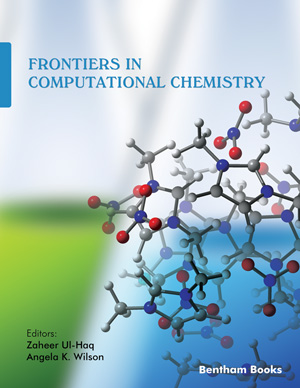Abstract
PRL-3 protein belongs to the family of protein tyrosine phosphatases with unique COOH-terminal prenylation motif, which determines the functions of this protein and its location in the cell. Numerous research studies revealed that apart from performing the poorly investigated physiological role, PRL-3 takes part in the process of carcinogenesis. Specifically, it is involved in reconstructing of the cytoskeleton, regulating adhesion and cell cycle of the cancer cells, and in epithelial-mesenchymal transition. Through these mechanisms PRL-3 protein participates in invasion, migration, metastasis and angiogenesis. Numerous studies indicate that PRL-3 expression is particularly important in colorectal, as well as in gastric, ovarian and breast carcinomas. Recently, several studies on PRL-3 protein in other types of cancer have been published. They reveal a significant role of this protein in the process of angiogenesis and metastasis. It has been proven that a higher expression of PRL-3 correlates with tumor progression and its severity. While the degree of overexpression of PRL-3 varies in different types of tumors, most research shows that in the metastases of these tumors, whether to the lymph nodes or to other organs, the level of expression is extremely high. Overexpression of PRL-3 protein was repeatedly confirmed in metastases, but not with primary tumors. PRL-3 seems to be an adequate marker in diagnosing the stage of tumor advancement for various types of carcinomas, especially for colorectal carcinoma investigated thoroughly in this study. PRL-3 overexpression predicts poor prognosis in patients with various carcinomas and is a promising target in the cancer treatment.
Keywords: Cancer diagnosis and prognosis, invasion, metastasis, neoplasms/enzymology, neoplasms/genetics, endothelial cells/enzymology, neoplastic cell expression regulation,, messenger RNA analysis, PRL-3, carcinomas, MAP kinase




























